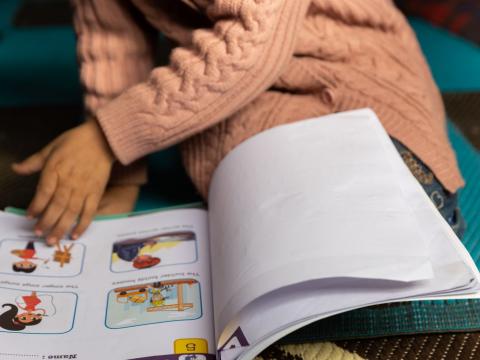Child labour and school drop-outs increasing in Lebanon warns World Vision.

World Vision research has revealed that 1.5 percent and 20.2 percent of the Lebanese and Syrian families have at least one child, aged 3 to 18 years engaged in child labour.
The international aid agency’s research, “Caregiver Perceptions and their Influence on Child Education and Labour across Lebanon”, highlights worrying trends in child labour and school drop-outs for both Lebanese and refugee children, amidst an unprecedented economic collapse and a mounting humanitarian crisis.
The study shows that 12.3 percent and 71.6 percent of Lebanese and Syrian refugee households respectively have at least one child 3 to 18 years old not enrolled in any form of education.
While 45.9 percent of child caregivers believe the current economic situation drives increased child labour, 37 percent said that cultural beliefs are a key driver of these practices. Worryingly, 44 percent of the parents and caregivers interviewed think that involving children in paid employment enhances their life skills. In addition to that, 35.1 percent think it is acceptable to involve children above 14 years of age in labour.
Hans Bederski, National Director of World Vision in Lebanon, says “The situation has been worsening for children in Lebanon over the past 20 months. This report shows that the socio-economic status of a household is not necessarily the only determining factor that forces children to drop out of school. Alarmingly, parents’ perceptions, as shown in the study, significantly influence the decision to have a child go to work.
The international community must respond quickly in order to avert a child protection crisis and tackle the drivers of early, forced marriage, child labour and premature education dropout. A failure to act now will have far reaching likely intergenerational consequences not only for Lebanon but for the MIDDLE EAST region as a whole.’’